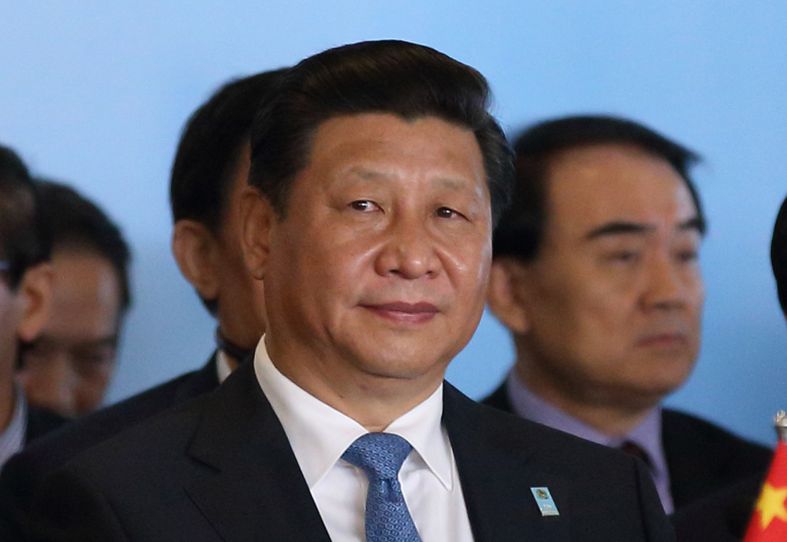A UN expert accused China Monday of staging a “pincer movement” to curb the influence of lawyers, activists and non-governmental organisations and limit their ability to protest against abuses.
While China has made significant progress towards its ambitious goal of eliminating poverty by 2020, it has often ignored the harm done to individuals as it pursues greater economic development, said Philip Alston, the United Nations special rapporteur on extreme poverty and human rights.

At the same time, he said, Beijing has cracked down on civil society, limiting the space for individuals and groups to influence public policy and air grievances.
Since President Xi Jinping took power in 2012, the ruling Communist Party has arrested hundreds of activists and lawyers in a sweeping campaign that has closed avenues for the legal activism which emerged in recent years.
Recently introduced laws have combined with police action against protesters and lawyers in “a pincer movement designed to systematically narrow and control the space for citizens to express discontent over matters such as land rights, workers’ rights and environmental threats”, Alston wrote in a statement.
In later remarks to reporters, he chided Beijing for asserting that governments should be able to choose which human rights to respect and which to ignore, depending on cultural practices.
“That approach is simply incompatible with the international human rights system,” Alston said.

“Given that China insists that it is part of the system… it would be very dangerous if we were to understand human rights with Chinese characteristics as authorising a fundamental departure from the full range of internationally agreed rights and standards.”
Alston’s comments came at the end of a nine-day tour of China, where he was invited to study the government’s poverty alleviation efforts.
He praised China‘s commitment to reducing extreme poverty — defined as an income of less than $2.30 per day — but said it faces serious challenges, including inequality levels that are “deeply problematic”.
Questions about the quality of Chinese data, however, made it difficult to assess the true nature of the challenges the country faces, Alston said.
“There is a need to focus more on the importance of getting accurate data and on greater transparency,” he said.

Chinese authorities also did not respond to his requests to meet academics and other private citizens, he said, instead advising them that they “should be on vacation” during his trip.
“We did not reach a common understanding of the role of a UN Special Rapporteur,” he said, adding that he was followed by a security detail during the visit.
